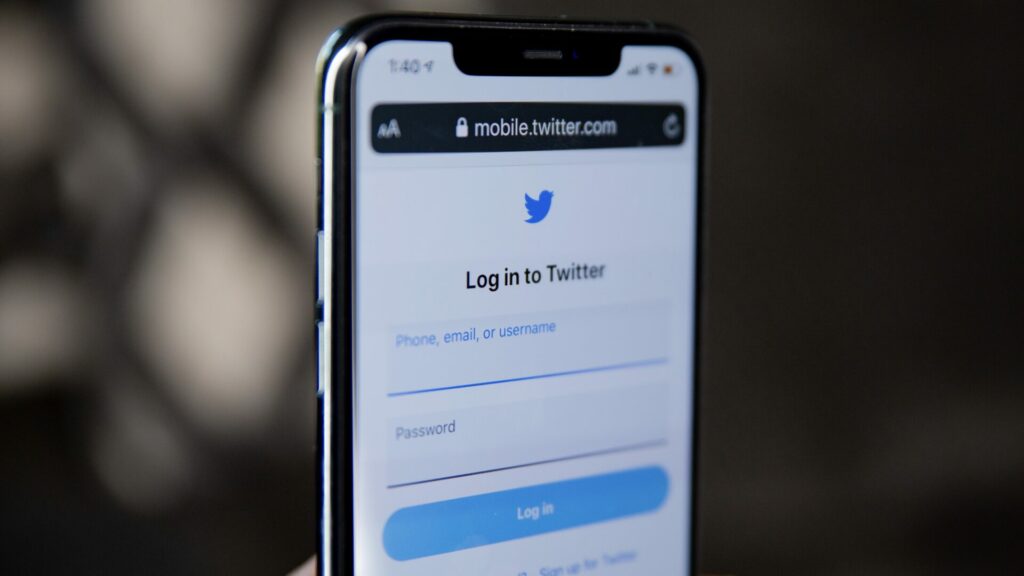GLAAD hits back after Twitter rolls back LGBTQ hate speech policy
GLAAD's CEO has said the policy change is "the latest example of just how unsafe the company is."

Twitter has quietly removed a transgender-specific protection from its Hateful Conduct Policy.
It’s the latest worrying development on the platform following Elon Musk’s takeover last year.
Now, Twitter will no longer provide protections for transgender users who are deadnamed or misgendered.
Prior to the rollback, Twitter’s Hateful Content Policy had been in place since 2018.
It originally stated: “We prohibit targeting others with repeated slurs, tropes or other content that intends to dehumanize, degrade or reinforce negative or harmful stereotypes about a protected category. This includes targeted misgendering or deadnaming of transgender individuals.”
The last sentence in the policy disappeared on 8 April, according to the LGBTQ media advocacy organisation, GLAAD.
“Anti-transgender rhetoric online is leading to real world discrimination and violence.”
The previous version is here and the current version is here.
Additionally, on Monday (17 April), AP News reported Twitter will add “warning labels” on tweets violating hateful conduct rules. Previously, the tweets were removed.
In a statement on Tuesday (18 April), GLAAD CEO Sarah Kate Ellis called the move “the latest example of just how unsafe the company is for users and advertisers alike.”
They added rolling back LGBTQ safety “pulls Twitter even more out of step with TikTok, Pinterest, and Meta.”
Ellis noted these other platforms “maintain similar policies” that protect transgender users who use these sites.
Furthermore, Ellis said it’s particularly insidious during a time when “anti-transgender rhetoric online is leading to real world discrimination and violence.”
“The practice of targeted misgendering and deadnaming has been identified by the ADL and other civil society groups as a form of hate speech,” Ellis added.
“Social media companies committed to maintaining safe environments for LGBTQ people should be working to improve hate speech policies, not deleting long-standing ones.”
After acquiring Twitter in 2022, Musk has been open about his “free speech” goals.
Shortly after taking over, Bloomberg reported Musk had asked employees “to review Twitter’s hateful conduct policy.’”
He then disbanded Twitter’s Trust and Safety Council, an advisory group on hate speech and harmful content on the platform.
